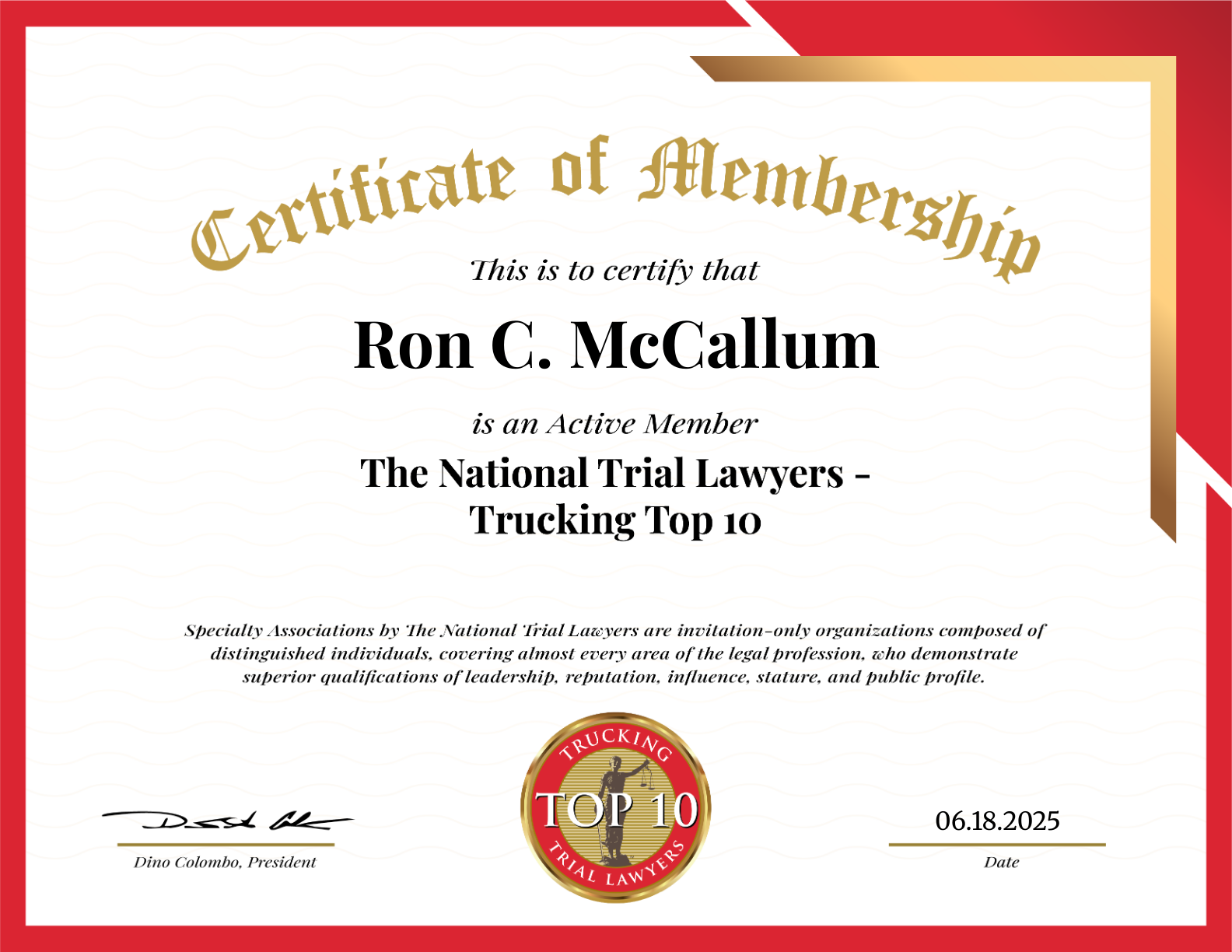Understanding personal injury damages is crucial for anyone involved in an accident. It serves as a foundation for seeking fair compensation, helping individuals recover from their losses and move forward. In legal terms, personal injury damages are primarily divided into three main categories: economic damages, non-economic damages, and punitive damages.
Non-Economic Damages
Non-economic damages compensate for intangible losses, which are not easily measured in financial terms. These include:
- Pain and suffering: Compensation for physical pain and discomfort endured due to the injury.
- Emotional distress: Payment for psychological pain such as anxiety, depression, or PTSD.
- Loss of enjoyment of life: When the injury affects one's ability to enjoy life as before.
- Loss of consortium: Damages awarded for the impact on relationships and companionship, especially spousal ties.
Quantifying these damages can be complex and often requires legal expertise to ensure fair compensation.
Economic Damages
Economic damages refer to tangible costs directly resulting from an injury. These costs are typically more straightforward to calculate. Examples include:
- Medical bills: Covering hospital stays, surgeries, and treatments.
- Lost wages: Compensation for income lost due to inability to work.
- Rehabilitation therapy: Costs for physical therapy and rehabilitation.
- Property damage: Compensation for repair or replacement of damaged property.
- Lost earning capacity: Damages for reduced ability to earn in the future.
- Future expenses: Ongoing treatment costs or future lost wages.
These damages are easier to document and prove, often requiring medical records and employment documentation.
Punitive Damages
Punitive damages are intended to punish the defendant for particularly reckless or malicious behavior and serve as a deterrent. They are less common but can be awarded in instances where the defendant's actions are egregious, such as:
- Corporations knowingly selling defective products.
- Cases involving gross negligence or intentional harm.
These damages are usually awarded in addition to economic and non-economic damages.
Understanding these types of personal injury damages is important for anyone involved in an accident. Being informed can significantly impact the compensation one seeks and receives. If you or someone you know is pursuing a personal injury case, consulting with our law firm can provide the expertise needed to navigate the complexities of such claims and work towards fair compensation.


